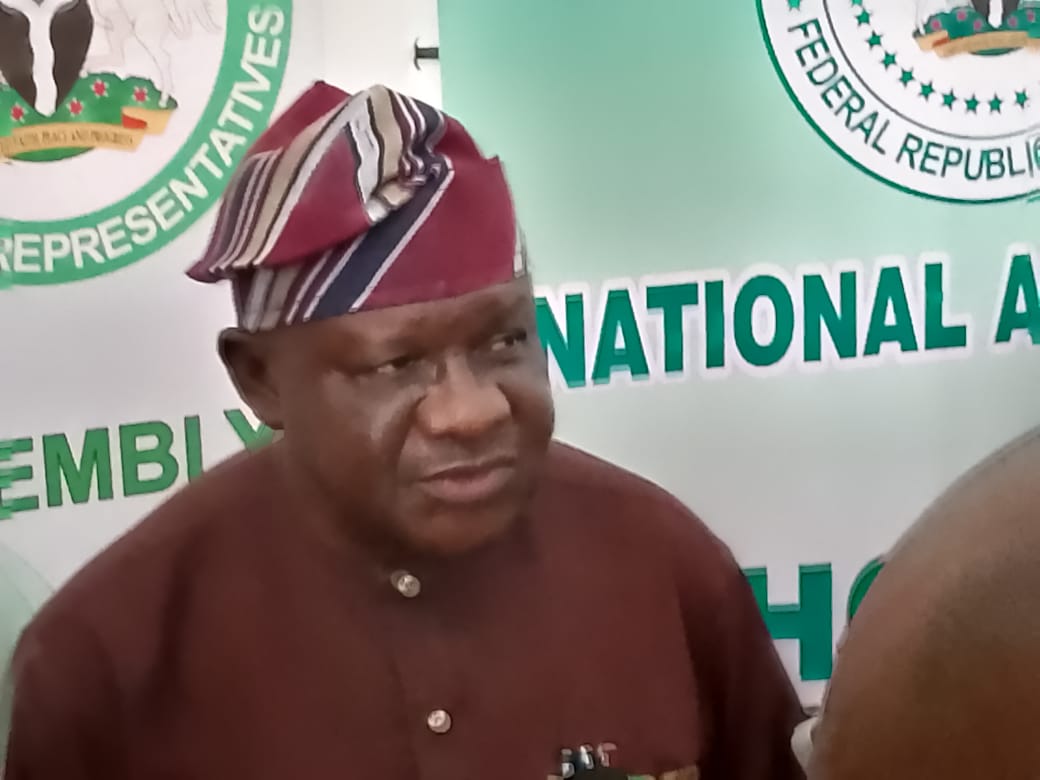IPAC Urges Electoral Overhaul to Strengthen Nigerian Democracy
Published by Charles Onah
The Inter-Party Advisory Council (IPAC) has thrown its weight behind the National Assembly’s constitution review, demanding comprehensive amendments to fortify Nigeria’s democracy before the 2027 general elections.
Speaking to the Assembly Reporters crew at the National Assembly, Dipo Olayokun the Deputy Chairman, who represents (IPAC), which is the umbrella body for all registered political parties, called for reforms to ensure credible polls and greater inclusion.
Olayokun, presented the council’s position to a joint Senate and House of Representatives committee on electoral matters in Abuja on Monday. Representing National Chairman Yusuf Dantalle, Olayokun submitted a number of recommendations designed to strengthen the electoral system, reminding lawmakers that as party members, they all belong to IPAC.
Olayokun underscored the need for a system responsive to citizens’ aspirations. “What we are saying is that all of us are looking for how we can enhance our electoral system to make it more democratic and more acceptable to Nigerians,” he stated. He urged the National Assembly to amend the Electoral Act to serve the public interest.
A central proposal was to resolve all election petitions before swearing-in winners. “We specifically mentioned the issue of litigation. That in the electoral act, we should try as much as possible to ensure that litigations arising from elections are concluded before winners are sworn in to prevents using state resources for legal battles and creates a fairer playing field.
IPAC pushed for greater transparency, advocating for laws to make the use of BVAS and electronic transmission of results (IReV) compulsory. “The new law should make it mandatory. Not optional,” he emphasized. Further recommendations focused on safeguarding the right to vote for every eligible citizen.
Olayokun confirmed that IPAC’s proposals are now with the committee, acknowledging the lawmakers’ role in assessing their feasibility. “They are the ones that have the information to know which one is feasible and which one is not feasible,” he noted, citing their additional recommendations on cost-saving and preventing bandwagon effects.



